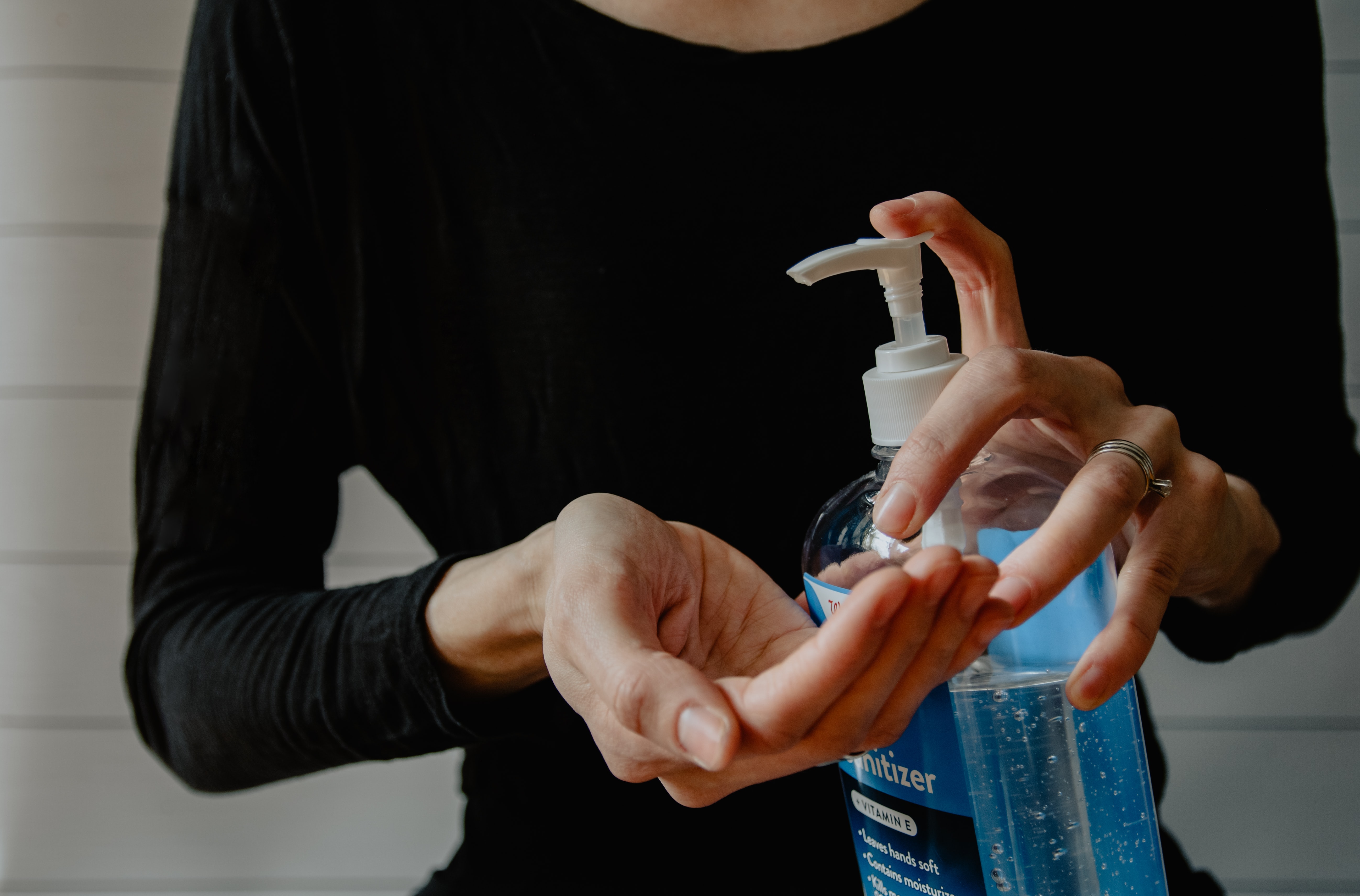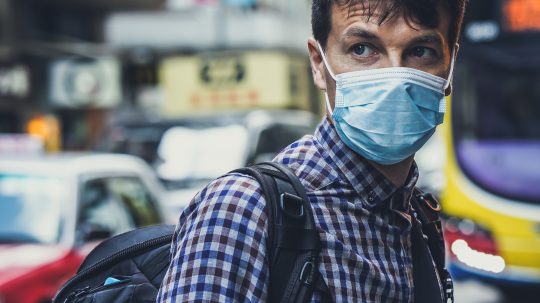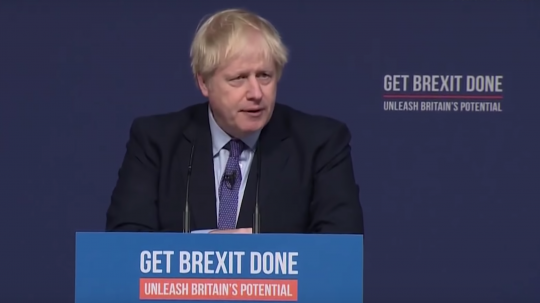The UK government has unveiled its action plan in response to the coronavirus epidemic – which predicts that up to a fifth of the national workforce could be absent from work.
Police and firefighters will only respond to the most serious call-outs if their staff fall ill under a 28-page document released by prime minister Boris Johnson on Tuesday (3 March).
Large public gatherings could be banned and schools closed for months to halt the spread of Covid-19.
It said that the majority of those affected will only develop “mild-to-moderate” illness – but a minority of people will also develop “complications severe enough to require hospital care”.
At a press conference, Johnson said: “If the virus should spread, we are ready to take necessary steps to contain it and protect the most vulnerable.”
The document sets of four phases of government response to the outbreak.
It is currently in the first phase, which aims to contain the disease and prevent its spread. Second is to delay the spread if it does take hold – to push the “peak” period further back, so it takes place once winter is over.
Third, to research the virus in an attempt to develop drugs and vaccines. Fourth, to “mitigate” by providing the best possible care for people who become ill.
The response to an epidemic can affect many of our human rights. Here EachOther focuses on the human rights impacts of the evolving response within the UK.
The rights to life and health
In the UK, at least 85 people have so far tested positive for the illness as of 4 March 2020 – two of which had not recently travelled abroad, fuelling concerns the virus is circulating undetected. One British man who was on a cruise ship in Japan has died.
Worldwide almost 90,000 people have been infected with the illness, which is believed to have started in Wuhan, China. The death toll has exceeded 3,000 people.
The fatality rate of coronavirus – while difficult to accurately estimate – is believed to be two percent or lower, according to health secretary Matt Hancock. However it is higher among elderly people and those with existing health conditions, who are most vulnerable.
Article 2 of the Convention of Human Rights protects the right to life. In regards to healthcare, it obliges states to make regulations compelling hospitals – whether public or private – to adopt appropriate measures to protect patients’ lives.
This right may have been breached in cases where government regulations have caused detriment to, or failed to protect, patients.
The UK government is also obliged to “recognise the right of everyone to the enjoyment of the highest attainable standard of physical and mental health”. This is because it has signed the International Covenant on Economic, Social and Cultural Rights (ICESCR).
Governments must take steps to ensure the “prevention, treatment, and control” of epidemics.
The government is currently in the “containment” phase of the coronavirus response – where isolated cases are hospitalised and everyone they have been in contact with tracked down.
The next phase could see broader measures implemented, such as drafting in recently retired doctors to help the NHS cope. Given their age, there will be concerns over these doctors’ vulnerability to the illness if they are deployed on the frontlines.
It is also worth remembering these rights when considering the government’s obligations to protect its citizens based abroad, as well as those within the UK.
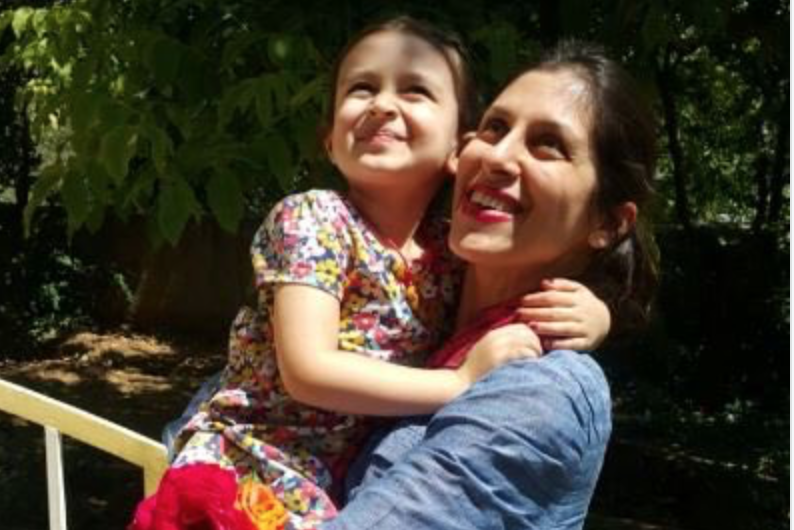
Nazanin Zaghari-Ratcliffe with her daughter. Credit: Free Nazanin Campaign
Among them is British-Iranian mum Nazanin Zaghari-Ratcliffe, who has been arbitrarily detained in Iran for more than three years.
She fears that she has caught Covid-19 and is calling for the Foreign Office to act, while the Iranian authorities refuse to test her for the illness.
The right to health is subject to “progressive realisation” under the ICESCR.
This means the UK must take steps towards achieving this right to the maximum of its available resources. It recognises that it could be hindered by limited resources or that the right may only be achievable over a period of time.
Quarantine and isolation: the right to liberty
Hancock said on Sunday that the government is considering isolating entire cities and banning mass gatherings, in the worst-case scenario, to contain the spread of Covid-19.
Last month he also announced strengthened powers to “impose restrictions on any individual considered by health professionals to be at risk of spreading the virus”.
This has meant that people in England can be quarantined against their will, if necessary.
People suspected of carrying the virus, such as those returning from Wuhan, have been kept in supported isolation in a centre on the Wirral and another in Milton Keynes.
One person quarantined at the Wirral was “threatening to abscond” from the isolation unit despite signing a contract agreeing to a 14-day quarantine period after returning from Wuhan, according to PA news agency.
These measures have implications for our rights to liberty and freedom of assembly, protected by the European Convention of Human Rights.
Both rights are qualified – meaning that public authorities can lawfully take proportionate steps to interfere with them when necessary to protect public health.
The European council has also provided guidance on when compulsory quarantine can be justified under the Convention. It must be clear the spread of the disease is:
- a danger to public health or safety
- detention is a last resort
- less severe measures proved insufficient
According to Amnesty International, international law requires that quarantines must be:
- proportionate
- time-bound
- undertaken for legitimate aims
- strictly necessary
- voluntary wherever possible
- applied in a non-discriminatory way
Quarantines must also be imposed in a safe, respectful manner and those under isolation must be protected with access to healthcare, food, and other necessities.
Right to Education
Hancock has said that the government is also considering closing schools for months to contain the virus, as well as temporarily relaxing regulations on classroom sizes to cope if teachers fall unwell.
Some schools have already taken the decision to close temporarily amid fears pupils and staff may have contracted the illness during half-terms travels.
These measures will impact on pupil’s right to education. This is protected by Article 2 of Protocol 1 of the Convention of Human Rights and states that “no person shall be denied the right to education and teaching”.
Discrimination and xenophobia
Asian communities in the UK have reported a shocking rise in racism following the coronavirus outbreak.
In January, a postgraduate student was reportedly verbally and physically harassed in a Sheffield street for wearing a face mask.
The Manchester Chinese Centre has received reports of children being bullied in schools across the region.
In Leicester, two students who were mistakenly believed to be Chinese were pelted with eggs on the street in Market Harborough.
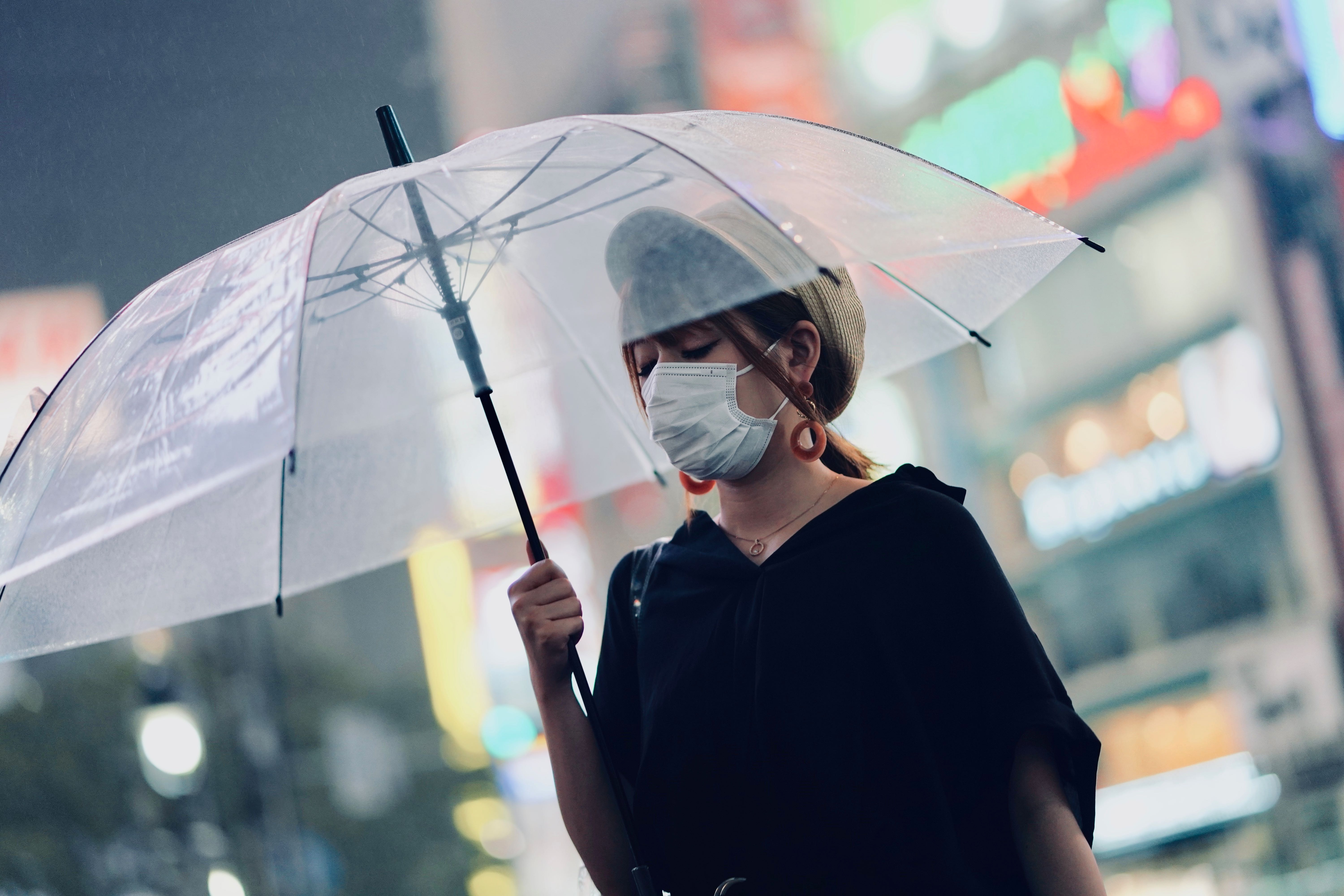
A woman in Tokyo, Japan, wears a mask as she crosses the road. Credit: Unsplash.
This xenophobia may have been fuelled in part by sensationalist and misleading media coverage.
For instance, footage of Asian people selling or eating bats, which had been suspected of being the source of the new coronavirus, has circulated on social media and made tabloid press headlines.
It appears that five of the six most-shared videos were filmed outside of China, and none have any documented link to the outbreak, according to France 24.
Nicholas Bequellin, Amnesty International’s regional director, said that: “governments around the world should take a zero-tolerance approach to the racist targeting of people of Chinese and Asian origin.
He added: “The only way the world can fight this outbreak is through solidarity and cooperation across borders.”
Employment rights
Employers are being encouraged to consider steps to help protect the health and safety of their staff as the virus continues to spread.
Employees who catch the illness will legally have the right to sick pay. How much sick will depend on a worker’s contract – but all will be entitled to the statutory sick pay of £94.25 per week for up to 28 weeks.
Those who are quarantined or in self-isolation do not have a legal right to sick pay – but it is good practice for employers to treat it as sick leave, according to advice service Acas. Those in self-isolation may also be well enough to work remotely, if their job allows it.
Matt Hancock said that self-isolation should be considered “sickness for employment purposes”.
Those who are in the gig-economy or who are self-employed will be hardest hit if they self-isolate.
The Department for Work and Pensions has said that anyone deemed a public health risk could claim universal credit or contributory employment and support allowance.
GMB Union is calling on NHS trusts to ensure that outsourced hospital staff – including cleaners, porters, security and catering staff – are given sick pay in coronavirus cases.
The majority of private companies providing NHS services do not offer sick pay for the first three days, according to the union.
The World Health Organisation has advised to have preparations in place for staff to work remotely and business continuity plans should they have to temporarily halt operations.

